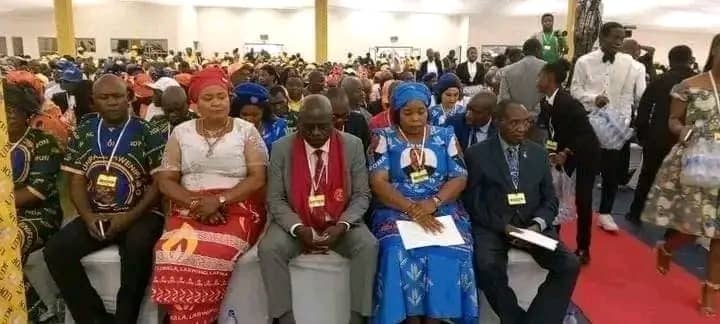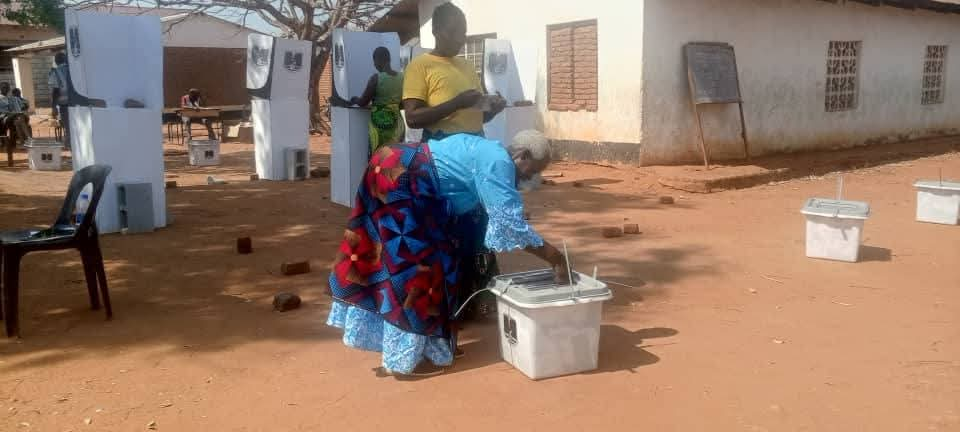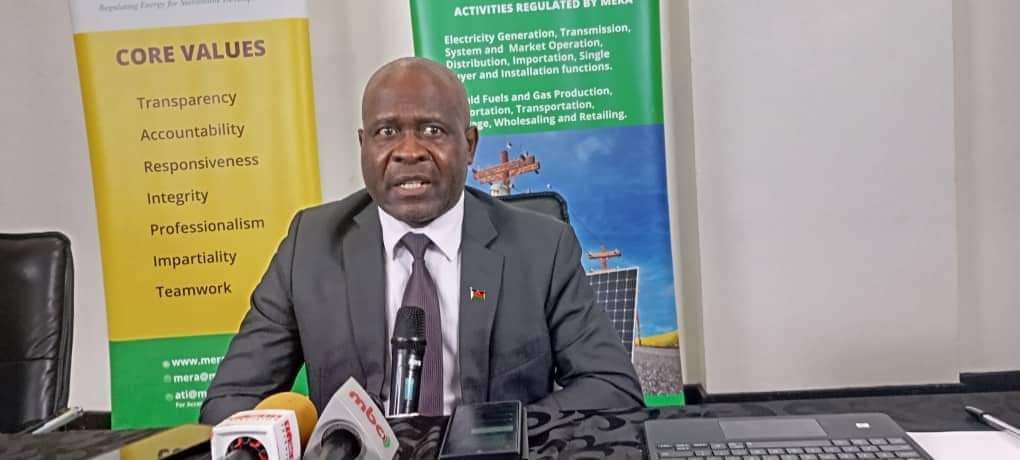By Burnett Munthali
The political landscape in Malawi is undergoing significant shifts as the 2025 general elections draw nearer, with opposition parties positioning themselves for a potential electoral alliance aimed at unseating the ruling Malawi Congress Party (MCP). The presence of major opposition parties at the United Democratic Front (UDF) convention on Wednesday, 2nd October 2024, hints at the emergence of a “grand alliance” that could reshape the political balance and possibly dislodge the MCP from power.
The convention, held at Comesa Hall in Blantyre, witnessed an unprecedented show of unity, with key opposition figures such as UDF president Atupele Muluzi, Democratic Progressive Party (DPP) leaders, and representatives from the UTM and other smaller parties sharing the platform. Their joint appearance signaled not only a symbolic gesture but a strategic move to build consensus on how to address what they perceive as the MCP’s failure in governance.
The MCP, which returned to power in 2020 as part of the Tonse Alliance led by President Lazarus Chakwera, is increasingly criticized for its inability to deliver on its electoral promises. Issues such as rising corruption, economic mismanagement, and deteriorating public services have eroded public trust. The economic crisis, in particular, has led to widespread discontent, with inflation and unemployment hitting Malawians hard. There is a sense that the MCP’s leadership has failed to address key development challenges, leading to frustration among citizens across the country.
Despite its historical strongholds in the Central Region, the MCP is losing ground as opposition parties capitalize on the government’s shortcomings. Key opposition leaders, including Atupele Muluzi and DPP’s Peter Mutharika, have criticized the Chakwera administration for its failure to fulfill promises made during the 2020 campaign. There is growing talk of a need for new leadership, and the UDF convention served as a critical moment for opposition leaders to voice their dissatisfaction and outline a new path forward.
Historically, no single opposition party has been able to unseat an incumbent government without forming an alliance. In 2020, it was the Tonse Alliance—a coalition between MCP, UTM, and other smaller parties—that successfully defeated the DPP. However, the cracks within that alliance have deepened, with UTM and other former allies of the MCP now positioning themselves as critics of the government.
The growing unity among opposition parties at the UDF convention suggests that they may be contemplating a similar alliance to what brought Chakwera to power. A coalition between the UDF, DPP, UTM, and other smaller parties could consolidate opposition votes, especially in Southern and Northern regions, where these parties have significant influence. The UDF, with its historical base in the Southern Region, and the DPP, still influential in both the Southern and Central regions, present a formidable force if united.
However, an opposition coalition must also address internal differences. For a grand alliance to succeed, it must have a clear vision and a coherent leadership structure. Unity of purpose will be critical, and party leaders will need to put aside personal ambitions for the greater goal of dislodging the MCP.
While a grand alliance could present a significant challenge to the MCP, there are several hurdles to overcome. Firstly, opposition parties must learn from the Tonse Alliance experience, where differing ideologies and internal squabbles weakened the coalition post-victory. An opposition coalition in 2025 would need to develop a robust framework for governing, ensuring that leadership roles and power-sharing agreements are clearly defined before going into the election.
Secondly, the opposition must develop a clear and convincing alternative to MCP’s governance. Simply capitalizing on the failures of the ruling party will not be enough; the electorate will demand solutions to pressing issues like corruption, the economic crisis, and public service delivery. A grand alliance would need to present a unified and practical plan to address these challenges and restore confidence in government institutions.
Lastly, time is of the essence. With less than a year to the 2025 elections, opposition parties must move quickly to form a united front. Prolonged negotiations or public displays of disunity could weaken their chances of success.
In conclusion, as Malawi heads into the 2025 general elections, the stage is set for a significant political showdown. The presence of major opposition parties at the UDF convention on 2nd October 2024 is a clear indication that efforts are being made to forge a grand alliance that could challenge the MCP’s hold on power. However, for such an alliance to succeed, opposition leaders must unite behind a common vision, address their internal differences, and present Malawians with a clear alternative to the current administration.
The political landscape remains fluid, and as the election approaches, the strategic moves made in the coming months will determine whether the opposition can effectively capitalize on the growing dissatisfaction with the MCP and bring about a change in leadership. For now, “Operation MCP Must Go” seems to be gaining momentum, but whether it will translate into electoral victory remains to be seen.




